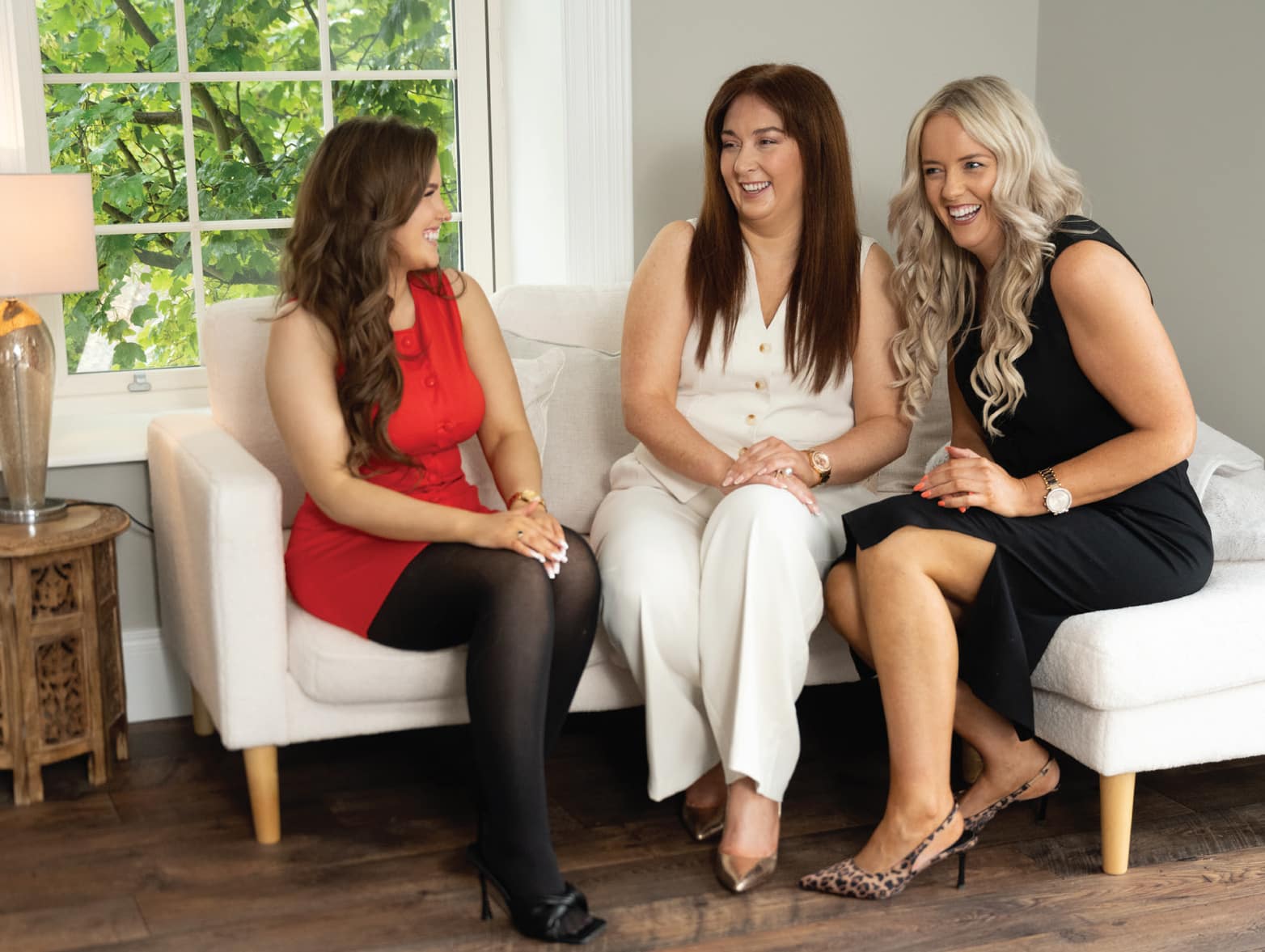When is it okay to leave my child home alone?

Good quality childcare is a bonanza for parents – but it also comes at a premium price.
There are those who pick and choose their hours at work during term time to enable them to be at home when their children are at home from school.
There are others who rely on relatives to plug the gaps in a bid to keep childcare costs to a minimum.
But the situation becomes vastly more difficult to navigate during the summer holidays.
There are two long months to get through – and for many parents, it is simply unaffordable to pay for full-time childcare or rely on the goodness of elderly grandparents to step into the breach full-time.
For others, who work part-time to suit the demands of parenthood during the school year, it isn’t possible to find a childminder or nursery able or willing to take on additional children during the summer months.
So, what can parents do and when is it okay to leave children home alone?
We have spoken to Charlene Brooks from Parenting NI and put to her some of the burning questions on the subject.
Q: What are the laws around leaving your child at home?
A: The law does not specifically state an age when you can leave a child on their own, as every child is different and matures at different ages and stages.
However it is an offence to leave a child alone if it places them at any kind of risk. We would encourage parents to use their judgement on how mature their child is before you decide to leave them alone even for short periods of time.
Breaking it down into age groups in its guides, the NSPCC, which has a raft of information on this topic, recommends parents avoid leaving older primary pupils under the age of 12 home alone, and definitely never for any significant length of time.
Meanwhile, they recommend that no child under 16 should be left by themselves over night https://www.nspcc.org.uk/keeping-children-safe/in-the-home/home-alone/
Q: Can I leave an older child at home looking after their younger sibling or siblings?
A: With no specified legal age that a child can be left at home by themselves or to look after a sibling, it is an important decision that rests with parents and carers.
Parents should never leave a child at home with a sibling if the child isn’t ready to look after their younger brothers or sisters, or if you don’t feel they’re ready.
Sometimes it’s better to leave them with someone else if you can – particularly if they’re nervous or their siblings have complex needs. The NSPCC advises that babies, toddlers and very young children should never be left alone.
Children under the age of 12 are rarely mature enough to cope in an emergency and should not be left at home alone for a long period of time.
Q: Are you aware of any examples where a parent has been prosecuted or where issues have been raised and it was deemed inappropriate for the child to be alone?
A: Parents and carers can be prosecuted for neglect if it is judged that they placed a child at risk by leaving them home alone. There are unfortunately numerous examples of parents having been prosecuted for leaving their child or children alone which can be found online.
Q: How do I know my child is ready to be left home alone?
A: As a parent it is really important to consider your child’s maturity. Every child is unique and matures differently – in some situations a 12-year-old may be happy to be home alone for a period of time, however, a 13-year-old or older who isn’t as mature may struggle with the situation.
A general rule of thumb is that any child or young person should never be left at home alone if they do not feel comfortable with it, regardless of their age, particularly if a child has additional needs.
These should be considered when leaving them at home alone or with an older sibling.
As a parent or carer, you know your child best and it’s important you trust your own and your child’s instincts about when feels the right time, based on how mature your child is and how comfortable they are with being home alone, while remembering that a child of 12 or under is rarely mature enough to cope in an emergency.
Q: What can I do to prepare my child?
A: There are some things you can put in place if you do plan to leave your child home alone.
You could have a practice run where you leave them for a very short time initially and gradually build up to a longer period of time.
Together you can agree a plan on what to do if someone comes to the door or rings the bell, ensuring they stay safe and they never open the door to strangers.
Importantly you should be contactable – leave a number where you or another trusted adult can be contacted immediately if the child needs to speak to someone;
Agree how often you will check in to make sure they are okay and let them know when you plan to be home.
Talk about dangers in the home and agree a safety plan if there is an emergency such as a fire.
Ensure your child has a few strategies to deal with unusual situations, such as if the electric goes out or the toilet overflows.
Set some ground rules about what they can and can’t do when home alone, including cooking or bringing friends over.
Leave enough food and drink for your children and most importantly, ensure they feel safe and talk to them about any fears they might have.
Never ask them to stay at home alone if they don’t feel comfortable – go at their pace.
Q: Where can I find a childminder or childcare over the summer holidays when I don’t normally use them during term time?
A: The Family Support NI government website has a list of approved childcare facilities and childminders.
Also look out on local schools social media pages and websites as well as faith groups and local churches who also often have schemes available. There are many schemes and holiday childcare services available – a quick internet search in your area or through using social media can often prove very successful.
Q: Is there any employment protection for parents where they are unable to source childcare over the summer?
A: Parents can contact Employers for Childcare for information about financial assistance that might be available to support their childcare costs or they can also contact the Make the Call team for advice on any benefits or support that may be available.










